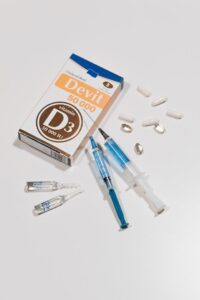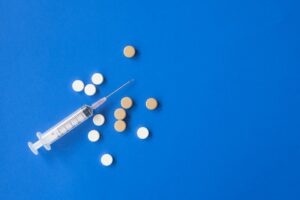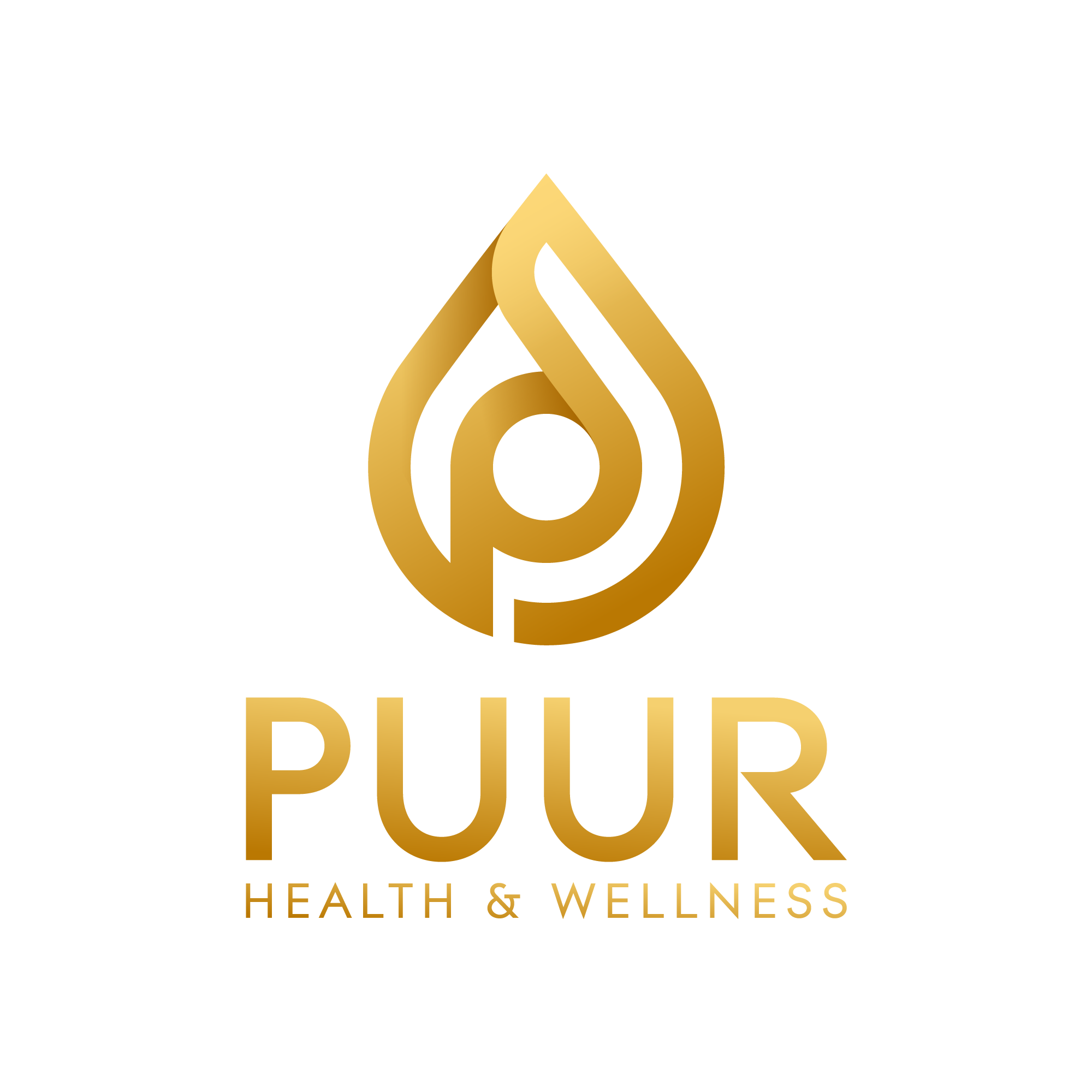Feeling a bit more sluggish than usual? Perhaps you’ve noticed a persistent brain fog, or maybe your energy levels just aren’t what they used to be. For many, these signs might lead them to wonder about their vitamin B12 levels. This essential nutrient plays a crucial role in everything from energy production to nerve health and the creation of red blood cells. When levels dip, the effects can be quite noticeable, even debilitating.
Naturally, when a B12 deficiency is suspected or diagnosed, the next question often arises: what’s the best way to get it back on track? You’ll hear about tablets you can take at home, but then there’s the option of injections, often heralded as a more potent solution. This leads to a very common query: are B12 injections stronger than tablets? It’s a nuanced question, and understanding the ins and outs of how our bodies absorb this vital vitamin is key to finding the right answer for you. Let’s delve into the world of B12 supplementation and unravel the truth behind these two common methods.
The Mighty B12: What It Is and Why We Can’t Do Without It
Vitamin B12, or cobalamin, isn’t just another vitamin on the shelf; it’s a powerhouse, fundamental for numerous bodily functions. It’s critical for energy production, helping convert food into glucose to fuel your body, and essential for maintaining healthy nerve cells, including the formation of the myelin sheath that insulates them. B12 also plays a vital role in producing healthy red blood cells that carry oxygen, preventing conditions like megaloblastic anaemia, and is involved in DNA synthesis. Given its wide-ranging responsibilities, maintaining adequate B12 levels is paramount for overall health and vitality.
Why Do People Become B12 Deficient?

Before we tackle the question of are B12 injections stronger than tablets, it’s important to understand why someone might become deficient in the first place. Our bodies can’t produce B12; we must get it from our diet, primarily from animal products like meat, fish, eggs, and dairy. This immediately flags a common cause:
Dietary Factors: Vegans and strict vegetarians are at a higher risk of deficiency if they don’t consume fortified foods or supplements.
Malabsorption Issues: This is the most prevalent reason for B12 deficiency, even for those with B12-rich diets. Conditions like pernicious anaemia (an autoimmune condition affecting a protein called intrinsic factor vital for B12 absorption), stomach issues (such as from reduced stomach acid or certain medications like proton pump inhibitors), intestinal disorders (like Crohn’s disease or coeliac disease), or even surgical removal of parts of the small intestine (e.g., gastric bypass surgery) can prevent proper absorption. Age can also play a role, as stomach acid production often decreases in older individuals.
When malabsorption is the issue, simply eating more B12-rich foods or taking standard oral supplements might not be enough. This brings us directly to the core of our discussion.
Oral Absorption vs. Direct Delivery: Are Vitamin Injections Better Than Pills?
This is where the debate truly begins. When you take a B12 tablet (or any vitamin pill, for that matter), it embarks on a journey through your digestive system. It needs to be broken down, mixed with stomach acids, bind with intrinsic factor, and then be absorbed in the small intestine. For many vitamins, this oral route is perfectly effective.
However, for B12, if any part of that complex digestive process is compromised – especially the intrinsic factor or the absorption sites in the intestine – then a significant portion of the B12 from a tablet might never reach your bloodstream. It simply passes through and is excreted.
In contrast, a B12 injection (typically administered into a muscle, known as an intramuscular injection) bypasses the entire digestive system. The vitamin is delivered directly into your muscle tissue, from where it quickly enters your bloodstream and becomes available for your body to use. This immediate and complete delivery is the primary reason many believe Are vitamin injections better than pills for certain individuals.
So, Are B12 Injections Stronger Than Tablets? Let’s Break Down the “Strength”
When people ask are B12 injections stronger than tablets, they’re usually referring to the effectiveness and speed of raising B12 levels in the body, particularly in cases of deficiency. And in many situations, the answer leans towards the injections being more potent in their delivery.
Here’s why:

Superior Bioavailability and Speed: Injections offer 100% bioavailability, meaning every microgram injected directly enters your system, bypassing any digestive hurdles. This delivers a rapid surge of B12 into the bloodstream, crucial for swift correction in severe deficiency cases. Oral tablets, especially with absorption issues, offer much lower and more variable bioavailability, working more slowly.
Overcoming Malabsorption: For conditions like pernicious anaemia, where the body cannot absorb B12 orally due to a lack of intrinsic factor, injections are the only effective treatment route. The “strength” here lies in their ability to circumvent this fundamental bodily barrier.
Direct Dosage: A single B12 injection often delivers a much higher dose directly into the system than a typical daily oral tablet, particularly when considering the limited absorption rate of the latter, contributing to their perceived and actual “strength.”
However, for individuals with mild dietary deficiencies and no underlying absorption problems, high-dose oral B12 supplements (e.g., 1000-2000mcg daily) can sometimes overcome the need for intrinsic factor by allowing for a small amount of passive absorption, eventually raising levels, though this method is less predictable and slower than direct injection.
When Are B12 Injections Typically Prescribed?
Your GP or healthcare professional will usually prescribe B12 injections in specific scenarios where rapid or guaranteed absorption is necessary. This commonly includes lifelong treatment for pernicious anaemia, managing severe B12 deficiency with neurological symptoms to prevent further damage, and for individuals post-gastric surgery due to impaired absorption. They may also be necessary when certain medications interfere with B12 absorption or in any other diagnosed condition specifically impacting B12 uptake.
The Role of B12 Tablets and Supplements
While injections are often necessary for significant deficiencies or malabsorption issues, B12 tablets and oral supplements still play a vital role. They are often sufficient for correcting mild dietary deficiencies (e.g., in vegans who don’t consume fortified foods) and can sometimes be used for maintaining levels after an initial course of injections, provided absorption is adequately monitored by a healthcare professional.
Important Considerations and Professional Guidance
From the bustling streets of Downtown Houston to the quieter suburbs, many are looking for ways to boost their well-being, but self-diagnosing and self-treating B12 deficiency can be risky. Always consult a healthcare professional.
Testing and Diagnosis: A proper B12 deficiency diagnosis should always be confirmed by blood tests, as symptoms alone can be misleading. Your doctor will also aim to understand the underlying cause of your deficiency, which dictates the most appropriate treatment.
Tailored Treatment: The dosage and form of B12 supplementation will always be tailored to your specific needs, the severity of your deficiency, and its root cause.
Beyond “Energy Boosts”: While B12 can certainly boost energy if you’re deficient, it’s not a general energy tonic. Taking extra B12 without a confirmed deficiency won’t necessarily make you feel more energetic, and pursuing injections without medical need can be unnecessary.
If you’re in the Houston area and considering your vitamin supplementation options, exploring Puurhw could be a helpful step towards personalised wellness guidance. They can help connect you with professionals who can accurately assess your needs.
Conclusion
So, are B12 injections stronger than tablets? For many, particularly those with underlying malabsorption issues like pernicious anaemia, injections are demonstrably more effective and “stronger” in their ability to deliver B12 directly into the bloodstream, bypassing the digestive system’s limitations. They provide superior bioavailability and faster results in such cases. However, for those with mild dietary deficiencies and intact absorption mechanisms, high-dose oral tablets can often be sufficient, albeit with potentially slower results. The “strength” of the treatment ultimately comes down to what your body needs and how it can best absorb this essential vitamin. It’s not a one-size-fits-all answer. Always consult your GP or a qualified healthcare professional to determine the cause of any deficiency and the most appropriate, effective, and safe treatment plan for you. Your health is worth that careful, personalised approach.


